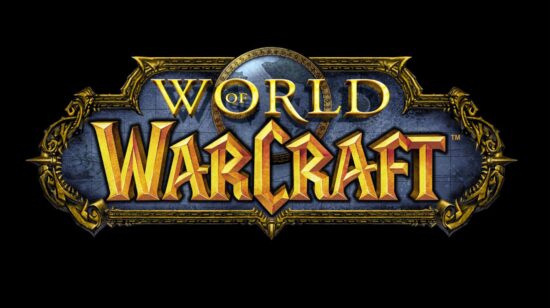The UK Government’s Controversial Online Safety Act Could Target Gaming Next


The Online Safety Act (OSA) was passed in 2023 but only came into effect on July 25, 2025, is the most sweeping and controversial piece of internet regulation in UK history. While the intent is to protect children from harmful online content, the law’s broader implications have been phased in step by step under the watchful eyes of Ofcom, the UK’s communications regulator.
UK residents have seen drastic changes to their social media feeds recently as more regulations have been implemented. There’s now a growing concern that the gaming industry will be the next target as the wordings of the OSA certainly goes in that direction.
An Ofcom spokesperson told Eneba: “Not all video games are in-scope of the Online Safety Act. Where they are, our supervision teams have ongoing discussions with the gaming industry to ensure compliance.”
Jump to:
Vague Wording Leaves the Door Wide Open For Ofcom
The OSA only mentions the word “game” once and it is in relation to a user-to-user service, and refers to games where players can directly send messages or speak to each other. This would encompass titles such as Grand Theft Auto 5, Call of Duty and Counter-Strike franchises as well as Fortnite.
All of these games depict violence targeted by the OSA under the clause “Bullying content,” which addresses content that depicts “realistic serious violence” and/or “realistic serious injury” of a person or fictional creature.
When asked specifically how minors are going to be restricted from accessing and playing games from the Grand Theft Auto franchise, Ofcom’s spokesperson replied: “We’re already assessing how platforms are meeting their new child safety duties under the Act, and we won’t hesitate to take action where we have concerns.”
The Number One Defender of OSA Resorts to Ad Hominem
Peter Kyle, the current Labor Government’s Secretary of State for Science, Innovation & Technology, is the frontrunner for OSA and defends the legislation ferociously in social media. Recently, Kyle went as far as saying on X (Twitter) that opponents of the law are aligning themselves with online predators.
In a recent interview with The Guardian in the UK Kyle said: “I see that Nigel Farage is already saying that he’s going to overturn these laws. So you know, we have people out there who are extreme pornographers, peddling hate, peddling violence. Nigel Farage is on their side.
“Make no mistake about it, if people like Jimmy Savile were alive today, he’d be perpetrating his crimes online. And Nigel Farage is saying that he’s on their side.”
On the other side of the aisle, the Reform Party has made it their mission to repeal the OSA, calling it an overreach into peoples’ right to express themselves freely. The party is led by Farage who is now publicly demanding an apology for the Jimmy Savile comparison.
Fines up to £18 Million For Failure to Comply
The current state of the law means that social media sites and websites targeting adults with mature content, must include age verification, which also affect adults who will now have to part with personal details.
Furthermore, search engines must ensure that their algorithms don’t expose children to harmful content. Failing to comply with the OSA could result in fines up to £18 million ($24 million).
At a press conference on July 28, Farage and former Reform Party chair Zia Yusuf took a joint stance against the internet reform and swore to scrap it as soon as possible. They argued that the law did “nothing to protect children” but worked to “suppress freedom of speech” and “force social media companies to censor anti-government speech.”
Yusuf said that the legislation is “the greatest assault on freedom of speech in our lifetimes.” He continued to say that children can get around age checks on adult websites using VPNs (Virtual Private Networks) and appear to be outside the UK.
“Sending all of these kids onto VPNs is a far worse situation, and sends them much closer to the dark web, where the real dangers lie,” he said.
Australia’s Online Safety Act Includes Gaming Platforms
Under the Australian Online Safety Act 2021, gaming platforms must take reasonable steps to protect users from serious online abuse. This includes removing harmful content such as cyberbullying, threats, or image-based abuse within 24 hours if requested by the eSafety Commissioner.
Online game services are expected to have clear safety measures in place like reporting tools, content moderation, and age-appropriate filters. Companies must also provide easy-to-understand safety information and be prepared to respond quickly when users report abuse. Failing to meet these requirements can result in hefty fines or legal action.
US Initiatives on The Horizon
Attempts to introduce legal restrictions on violent games have consistently failed in the US. In 2011, the Supreme Court struck down a California law that tried to ban the sale of violent video games to minors. The court ruled that video games, even those with graphic violence, are protected under the First Amendment.
Since that decision, lawmakers have shifted focus away from banning content and toward regulating how games interact with young users, particularly in online environments. Recent legislative initiatives focus more on online safety than on game violence itself.
The Children’s Online Privacy Protection Act (COPPA) restricts how games collect data from children under 13, and newer bills like the Kids Online Safety Act (KOSA) propose risk assessments and platform design changes to protect minors from harmful interactions.

















